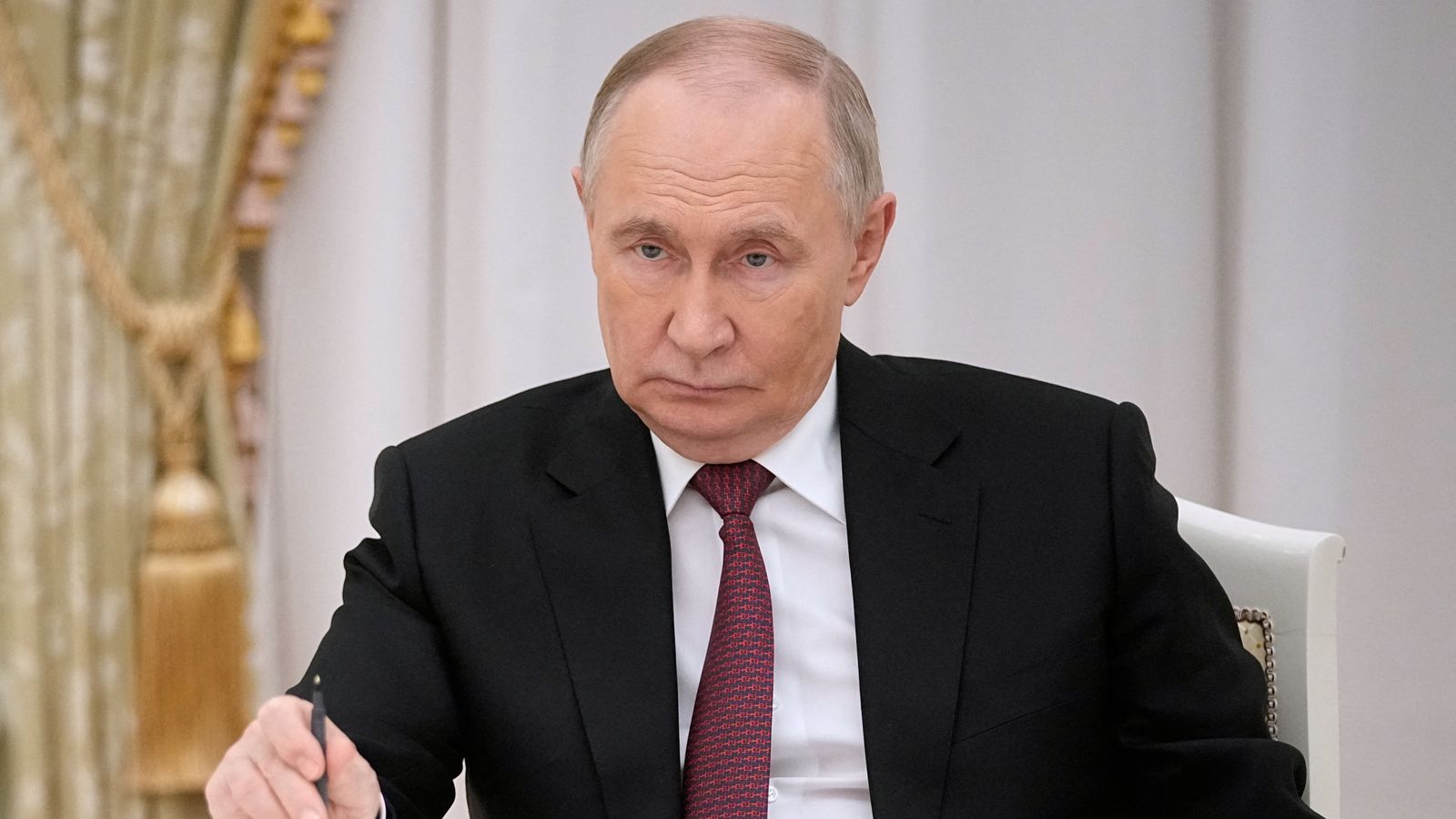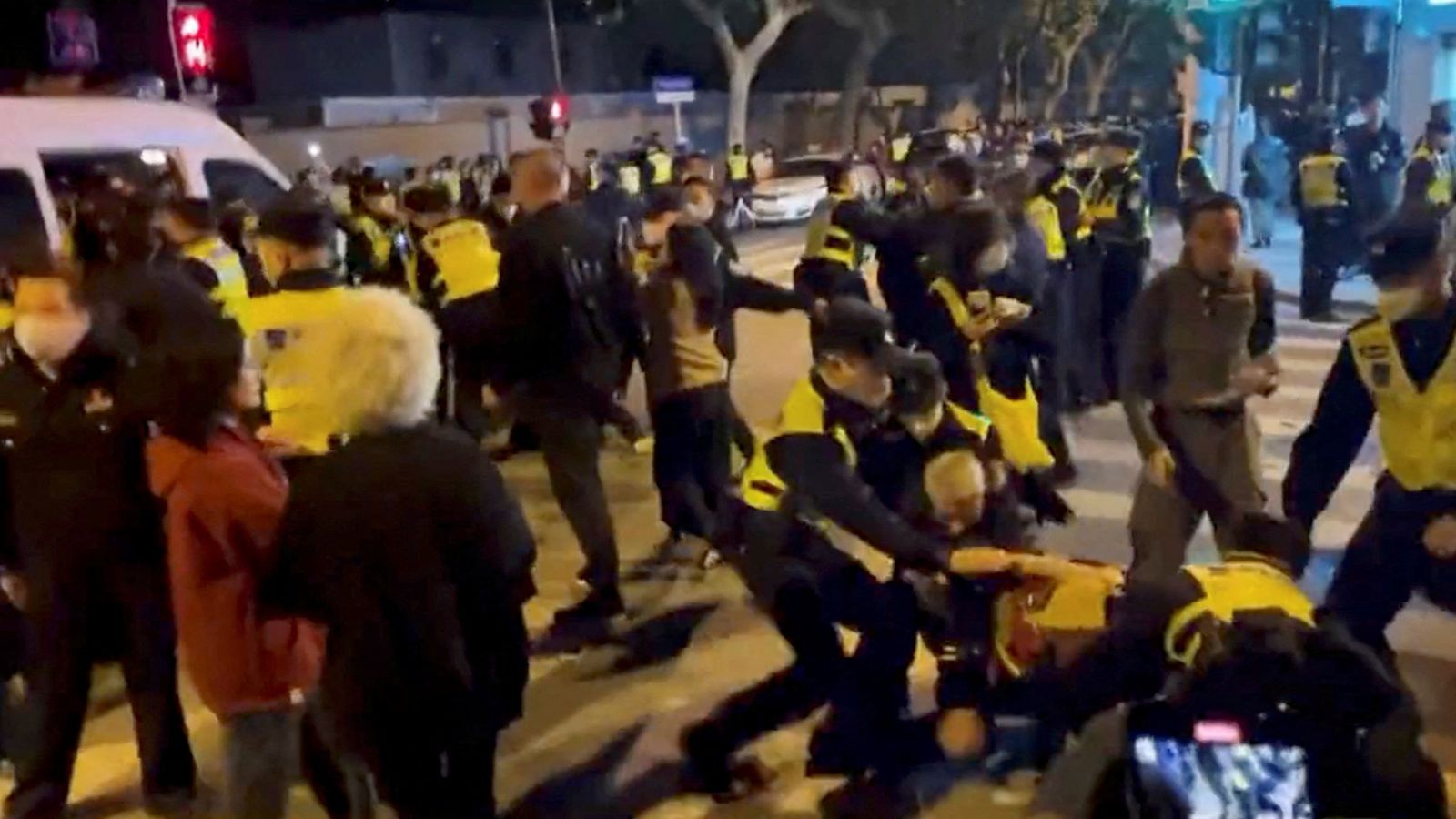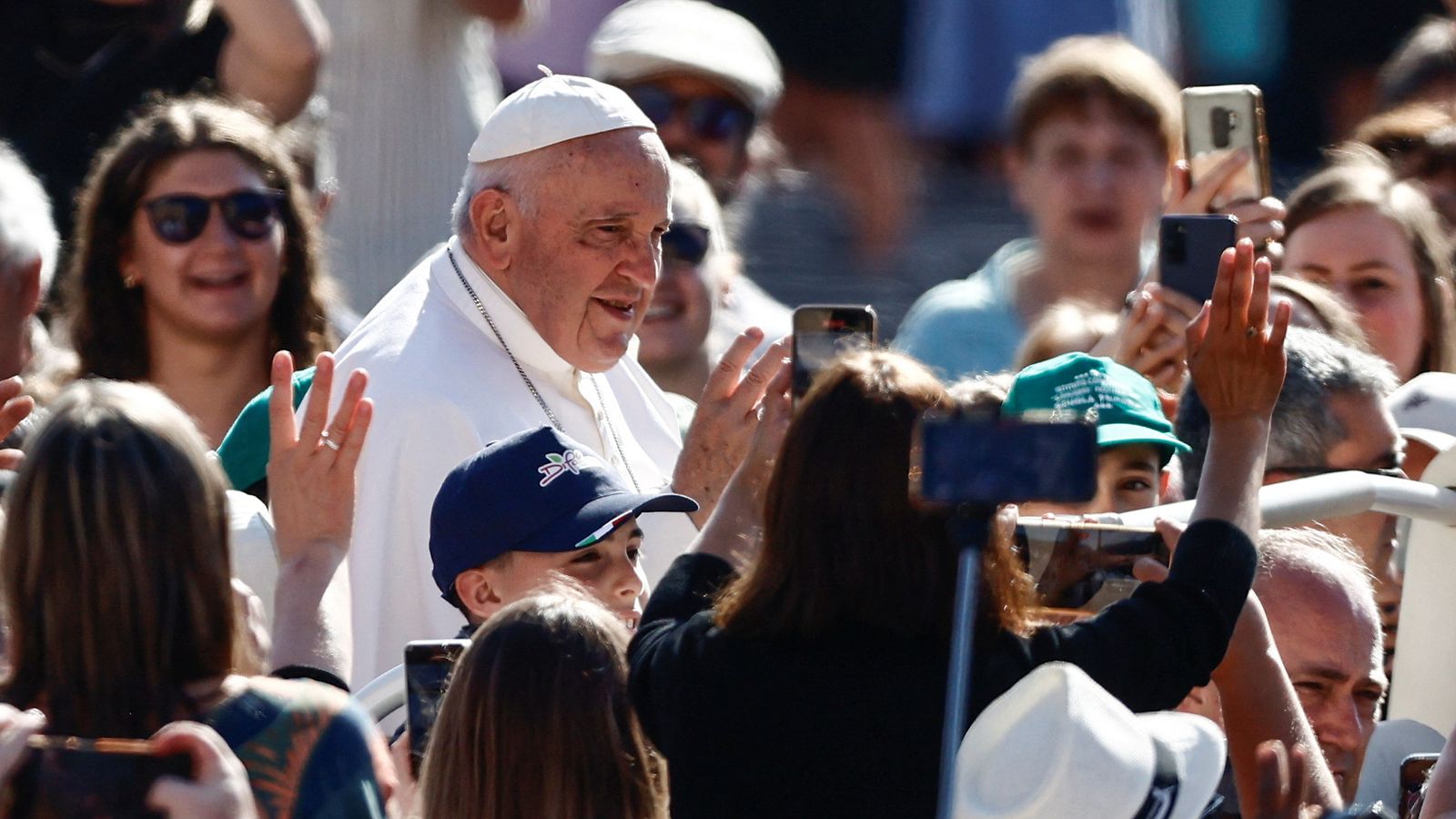Russia’s leaders believe they are “at war” with the UK and its allies but Britain is failing to deter the threat, a former spy who wrote an infamous dossier on Donald Trump has said.
Christopher Steele, 57, said he even suspected Russian agents may have left him a “calling card”.
He said intruders put two wedding rings in his wife’s washbag while they were on a Caribbean holiday about 18 months after his name emerged as the author of the dossier.
Asked what message he thought they were sending, the former MI6 officer said: “We know where you are. We can get to you. Don’t think you’ll be able to hide from us.”
In his first British television interview since his dossier – alleging collusion between Russia and the Trump campaign in the 2016 US election – triggered a political earthquake in the United States, Mr Steele also claimed:
• He had evidence of Russian hostilities against Britain, including during the Brexit referendum
• Moscow thinks it could possibly collapse the European Union
• His wife’s career as a crown servant at the Foreign Office suffered in the fallout from the dossier, with her deciding to retire early
Mr Steele – once MI6’s top Kremlin expert, whose advice was sought by UK officials long after he left the service – warned that Russian hostility is growing.
“There are serious people at the top of Russia who regard themselves at war with us,” he said, speaking in the library at Farnham Castle in his hometown.
“The fact that our politicians neither want to recognise or deal with that is a big problem.”
But Lord Mark Sedwill, the UK’s national security adviser until last year, said he thought political leaders do recognise the Russia threat – one that he said is “diversifying”.
“Every senior politician I’ve dealt with… takes any threat of this kind really serious, they take national security seriously,” he said.
“They worry about the impact on the democratic process. They are right to do so.”
President Putin‘s spokesperson, Dmitry Peskov, declined to comment on any allegations. The Kremlin has in the past denied all claims of election meddling and other hostile action.
Mr Steele left the Secret Intelligence Service (SIS), better known as MI6, in 2009, after a more than 20-year career.
He set up a private intelligence company called Orbis Business Intelligence in Farnham with a fellow former spy, Christopher Burrows, 63.
In June 2016, they were hired – ultimately by a law firm representing Democrats – to look into possible links between the Trump campaign and Russia.
Over the next few months, Mr Steele compiled a series of unverified reports, which included claims of collusion and that Moscow held compromising video tape of Mr Trump.
A news website published the so-called dossier in January 2017, drawing furious denials from the then president-elect and forcing Mr Steele and his family into hiding.
Mr Steele claimed the fallout from the furore “profoundly affected” the career of his wife, Katherine, who at the time was a crown servant at the Foreign Office.
“Basically that didn’t play out at all well,” he said.
“She decided at a certain point that, yes, she would have to take early retirement, which is what she did.”
Asked how he felt, Mr Steele said: “Pretty angry and disappointed – as she does.”
A Foreign, Commonwealth and Development spokesperson said: “The UK government has been clear that it had no involvement in the production of the dossier.
“We do not comment on individual staffing matters.”
Mr Trump has dismissed the Russia dossier as a “hoax”, denied colluding with Moscow and denounced as false the sex tape claims. He has also derided Mr Steele as a “failed spy”.
Liz Harrington, the former president’s spokeswoman, said: “It was all a lie to try to discredit our movement which is more powerful today than it has ever been.”
Mr Steele said the Trump project was only a fraction of the work Orbis has done and is still doing on Russia.
In the run-up to the Brexit vote in 2016, he said he had been investigating the impact of suspected Russian interference in European countries.
Asked if he ever uncovered evidence of hostile operations against Britain, he said: “Yes”.
He said he would be looking at a range of different things.
“Everything from corrupt leadership money being brought onshore and invested in strategic industries and the like, which is something of concern, to potential attempts to fund parts of the Brexit campaign and interference in that, [the] Scottish referendum, some evidence of interference in that as well,” he said.
“That I regard as hostile behaviour, and certainly we came across that from time to time.”
Pressed on what sort of evidence he had, Mr Steele said: “I don’t have it to hand, but clearly some of the same playbook that we saw – so money being moved through deniable channels and coming out the other end, technically legal. There was a whole load of loopholes.”
Mr Steele also alleged that Russia posed a risk to wider European Union unity.
“I think they think they could possibly collapse the EU.”



